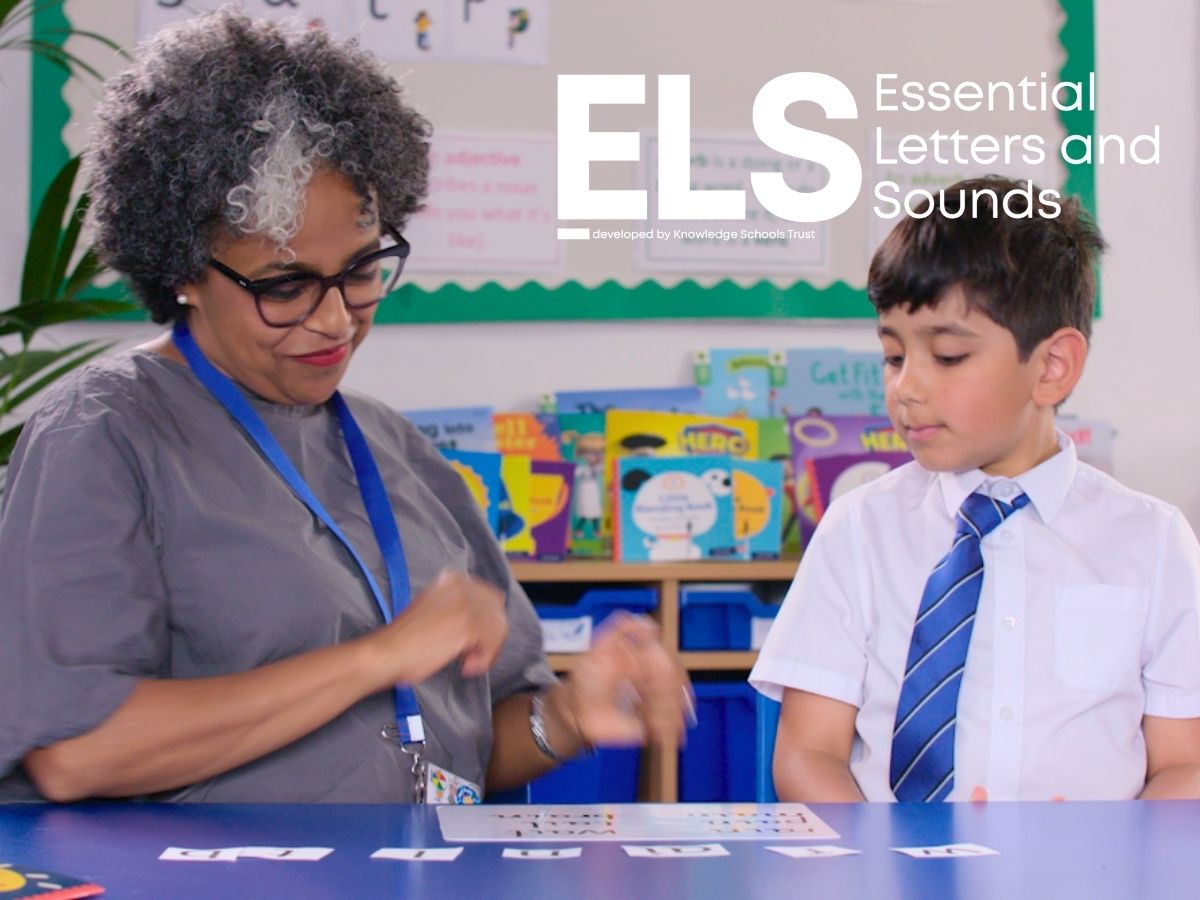For all Year 1 teachers in England, the possibility of the phonics screening check (PSC) dates not being imprinted in their minds from the beginning of the new school year is slim. The PSC, which is designed to check each individual child’s phonic knowledge, takes place every year in the Summer 2 term. More an informal process rather than a test, it remains a source of anxiety for some teachers and children.
It’s easy to say but the phonics screening check should not cause stress or worry. It is important to remember that, by following the Essential Letters and Sounds (ELS) teaching programme, you have ensured your children are fully prepared for the PSC. Alien (pseudo) words are familiar to children as these are covered each week in the programme from Reception Autumn 2. When you have completed the teaching in Year 1, Spring 2, Week 3 you will have covered all the content that could possibly appear within the PSC.
You should feel confident that ELS provides your children with the knowledge and skills they need to pass the PSC. Katie and Tara wrote ELS to teach children to read and passing the PSC will be a by-product of this. Of course, it’s normal to feel anxious for your children during periods of standardised testing and we’ve put together some top tips to support you when consolidating their code knowledge over the coming weeks…
Use assessment data to identify targeted teaching
- Thoroughly check phase 3 and phase 5 data along with Spring data to identify any significant gaps in the pupils’ phase 5 knowledge
- Use past PSC resources found through the ELS Assessments on Oxford Owl to check pupils’ readiness for the check
- If your whole class has between 80-90% recall for a single GPC you should review this GPC 3 times a week both in and out of the lesson
- If you have a GPC with less than 55% for the whole class, you can use an ELS review lesson to re-teach this GPC
Use resources to support review and consolidation
- In the weeks leading up to the PSC you can opt to use phase 3 & 5 flashcards when reviewing GPCs at the beginning of each phonics lesson
- Use online eBooks to practise segmenting and blending https://www.oxfordowl.co.uk/welcome-back/for-school-back/els-ebook-library/home–20
- Read additional words and word cards outside of the lesson, you can use the word bank within the handbook for additional words. This could form a quick review in the afternoon to build confidence in word reading with familiar code
- Use in lesson intervention to target pupils that may need to go over previously taught GPCs
- Use the 1:1 intervention to target any GPC gaps that you have identified through your assessments. Pay particular attention to Phase 3 and 5
Provide as many reading opportunities as possible
- Reading in and out of the phonics lessons as often as possible, all school staff should be trained, so make use of any staff who are able to support!
- Prioritise reading with those children not reading as much at home and those who are your lowest attaining – ensure additional practice matches their needs
- Communicate with parents again about the importance of regularly reading at home to aid fluency and enjoyment
PSC Guidance
We’ve put together a PSC guidance document with further information that you can view, save and use as you go. Click here access.
If you would like more information about the Essential Letters and Sounds programme speak to one of our expert educational consultants today.
More blog from Oxford Primary team:
- Help your children become confident readers for the Phonics Screening Check
- Everything you need to know about ELS Essential Spelling
- DfE Reading Framework: 7 key take-aways for schools
- Essential Tips: Getting ready for September!
- Choosing Floppy’s Phonics Reading Programme
- What’s next after Read Write Inc. Phonics?





